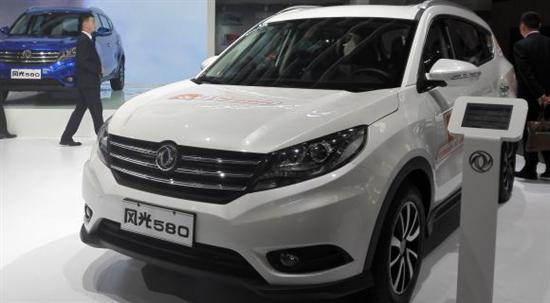Self-independent brands’ market share rises for 25 consecutive months, while SUV face tests

Data shows that retail sales for self-independent brands continue rising for the 25th consecutive month since January, 2015. It is a remarkable fact that only SUV sales obtain a year-to-year growth of 6.9% to 885,165 units in January, compared with the great year-to-year and month-to-month declines for the whole auto market. Self-independent brands are still the main driving force. But data shows that the 2016 SUV market growth 43.9% is still lower than the 53.6% in 2015. Self-independent brands still face a second test with the declining growth potential for SUV market.
Shi Jianhua, Deputy Secretary-General of CAAM believes that, “Although self-independent brands’ performance exceeds expectation in January; the relatively weak performance for joint-venture brands basically conforms to the industry’s judgments.”
Statistical data from CPCA shows that Changan self-independent passenger vehicles retain champion among self-independent brands with sales of 138,000 units, increasing 10.48% with the 125,000 units’ sales in last year. The good performance of Changan passenger vehicles is mainly benefited from its various production lines covering multi-level SUV models. The sales champion CS75 sold 26,500 units, compared by CS35 18,400 units, CS15 9,474 units and CX70 14,500 units. Three SUV models NL-3, Yuanjing and Emgrand under Geely sold 20,147 units, 10,226 units and 10,333 units respectively, accounting for more than 40% for the total brand’s monthly sales. SAIC Roewe RX5 sold more than 20,000 units for the fourth consecutive month, keeping its market dominance. The situation is followed by GAC Trumpchi and GWM.
But the high dependence on SUV models for self-independent brands also decreases its anti-risk ability in future developments. Despite of the hot SUV models for self-independent brands, their performances in car market is not satisfactory. In 2016, self-independent brands sold 2.34m units with a decline of 3.7%, accounting for only 19.3% of total car market.
Facing the competition from joint-venture brands, low market share in car market is still the weak point needed to be overcome for self-independent brands.

